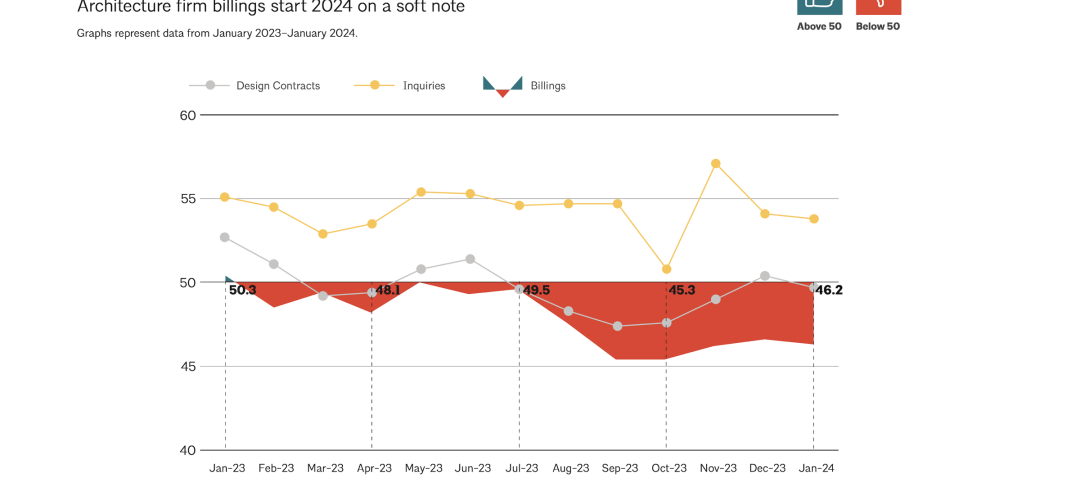The U.S. economy continues to show slow, steady progress despite fears of a global economic downturn and some domestic headwinds, according to the latest edition of “The Briefing,” a Transwestern report that covers the global economy and commercial real estate. Declining corporate profits, business investment and net exports combined with a rising dollar have been offset by consistent job gains, wage growth and resilient consumer spending.
Additionally, aggressive global stimulus plans appear to be having the desired effect. There is now $17 trillion of negative yielding debt in the world, and eurozone first-quarter 2016 gross domestic product growth came in at 2.2%, beating the U.S. for the first time in several years.
“While some see an economy in its final innings, there is little evidence of the financial excess, weak credit, deteriorating underwriting and surging defaults that typically signal the end of an expansion,” said Tom McNearney, Transwestern’s chief investment officer.
“Banks are maintaining, if not strengthening, underwriting standards and have even backed away from higher-yielding, risky loans to energy companies and highly leveraged corporate buyouts,” McNearney continued. “CMBS delinquencies also continue to reflect underwriting discipline. This caution by lenders is likely to prolong the cycle, not expedite a recession.”
 The sporting goods retailer Sports Authority declared bankruptcy in March and announced in May that it would close all of its 450-plus stores. Photo: Phillip Pessar/Creative Commons.
The sporting goods retailer Sports Authority declared bankruptcy in March and announced in May that it would close all of its 450-plus stores. Photo: Phillip Pessar/Creative Commons.
20 FAST FACTS FOR THE BIG PICTURE
- Business investment was up 1.4% in first quarter, but nondefense orders excluding aircraft fell by 2.4%.
- The number of energy loans in danger of default in 2016 is on track to exceed 50%.
- Standard & Poor’s 500 index second-quarter earnings are estimated to decline 4.8%, which would mark the first time the index has recorded five consecutive quarters of year-over-year declines since 2008 – 2009.
- S&P 500 lowered China’s credit rating from AA-neutral to AA-negative watch.
- Exxon was downgraded to AA+ from AAA by S&P 500.
- Arbor launched ALEX, the first online agency lending platform for multifamily in early 2016.
- Amazon plans to lease 20 767 Boeing Freighters from air cargo firm ATSG to further control distribution channels.
- Robots are more prevalent on the job as costs come down and programming is more versatile.
- Technology has boosted cancer research to light speed, which potentially could cause Big Pharma to lose $1.2 trillion in market capitalization.
- New Securities and Exchange Commission crowdfunding rules went into effect May 18, 2016.
- MetLife is selling life insurance business and 4,000 agents to MassMutual in advance of new capital rules and to avoid Dodd Frank designation as “systematically important.”
- New home sales show continued growth, up 17% in April over March, and a recent U.S. Census update shows suburbs are thriving while urban population growth has slowed.
- WeWork raised $430 million in a round of Chinese-led financing, providing an implied valuation of $16 billion for a startup company with limited owned space.
- Major retailers such as Sears and Wal-Mart plan to close stores, while Kohl’s, Gap and Nordstrom experienced sharply lower sales and profits, and Sports Authority filed for bankruptcy.
- Home Depot and TJX Companies first-quarter sales were up 10% and 7%, respectively, and Amazon is now second behind Wal-Mart in apparel sales.
- Auto sales continue at a record pace, with some signs companies are stretching to feed demand.
- First-quarter property sales were down 20%, but pullback was partially due to difficult-to-replicate portfolio and entity-level activity in 2015. Single asset sales were down 11% year-over-year.
- First-quarter CMBS issuance was down 25% due to swap spread volatility and ongoing uncertainty about risk retention rules taking effect December 2016.
- FPL Advisory Group forecast some tapering of pension investment in 2016 to $40 billion despite a recent Preqin survey reporting 78% of investors expect to commit the same amount or more to commercial real estate in 2016.
- The Federal Aviation Administration approved Houston’s Ellington Airport as a launch site: The U.S. will send astronauts and cargo to the International Space Station in 2017 – instead of paying Russia $71 million per flight.
Related Stories
K-12 Schools | Feb 29, 2024
Average age of U.S. school buildings is just under 50 years
The average age of a main instructional school building in the United States is 49 years, according to a survey by the National Center for Education Statistics (NCES). About 38% of schools were built before 1970. Roughly half of the schools surveyed have undergone a major building renovation or addition.
MFPRO+ Research | Feb 27, 2024
Most competitive rental markets of early 2024
The U.S. rental market in early 2024 is moderately competitive, with apartments taking an average of 41 days to find tenants, according to the latest RentCafe Market Competitivity Report.
Construction Costs | Feb 22, 2024
K-12 school construction costs for 2024
Data from Gordian breaks down the average cost per square foot for four different types of K-12 school buildings (elementary schools, junior high schools, high schools, and vocational schools) across 10 U.S. cities.
Student Housing | Feb 21, 2024
Student housing preleasing continues to grow at record pace
Student housing preleasing continues to be robust even as rent growth has decelerated, according to the latest Yardi Matrix National Student Housing Report.
Architects | Feb 21, 2024
Architecture Billings Index remains in 'declining billings' state in January 2024
Architecture firm billings remained soft entering into 2024, with an AIA/Deltek Architecture Billings Index (ABI) score of 46.2 in January. Any score below 50.0 indicates decreasing business conditions.
Multifamily Housing | Feb 14, 2024
Multifamily rent remains flat at $1,710 in January
The multifamily market was stable at the start of 2024, despite the pressure of a supply boom in some markets, according to the latest Yardi Matrix National Multifamily Report.
Student Housing | Feb 13, 2024
Student housing market expected to improve in 2024
The past year has brought tough times for student housing investment sales due to unfavorable debt markets. However, 2024 offers a brighter outlook if debt conditions improve as predicted.
Contractors | Feb 13, 2024
The average U.S. contractor has 8.4 months worth of construction work in the pipeline, as of January 2024
Associated Builders and Contractors reported today that its Construction Backlog Indicator declined to 8.4 months in January, according to an ABC member survey conducted from Jan. 22 to Feb. 4. The reading is down 0.6 months from January 2023.
Industry Research | Feb 8, 2024
New multifamily development in 2023 exceeded expectations
Despite a problematic financing environment, 2023 multifamily construction starts held up “remarkably well” according to the latest Yardi Matrix report.
Market Data | Feb 7, 2024
New download: BD+C's February 2024 Market Intelligence Report
Building Design+Construction's monthly Market Intelligence Report offers a snapshot of the health of the U.S. building construction industry, including the commercial, multifamily, institutional, and industrial building sectors. This report tracks the latest metrics related to construction spending, demand for design services, contractor backlogs, and material price trends.

















